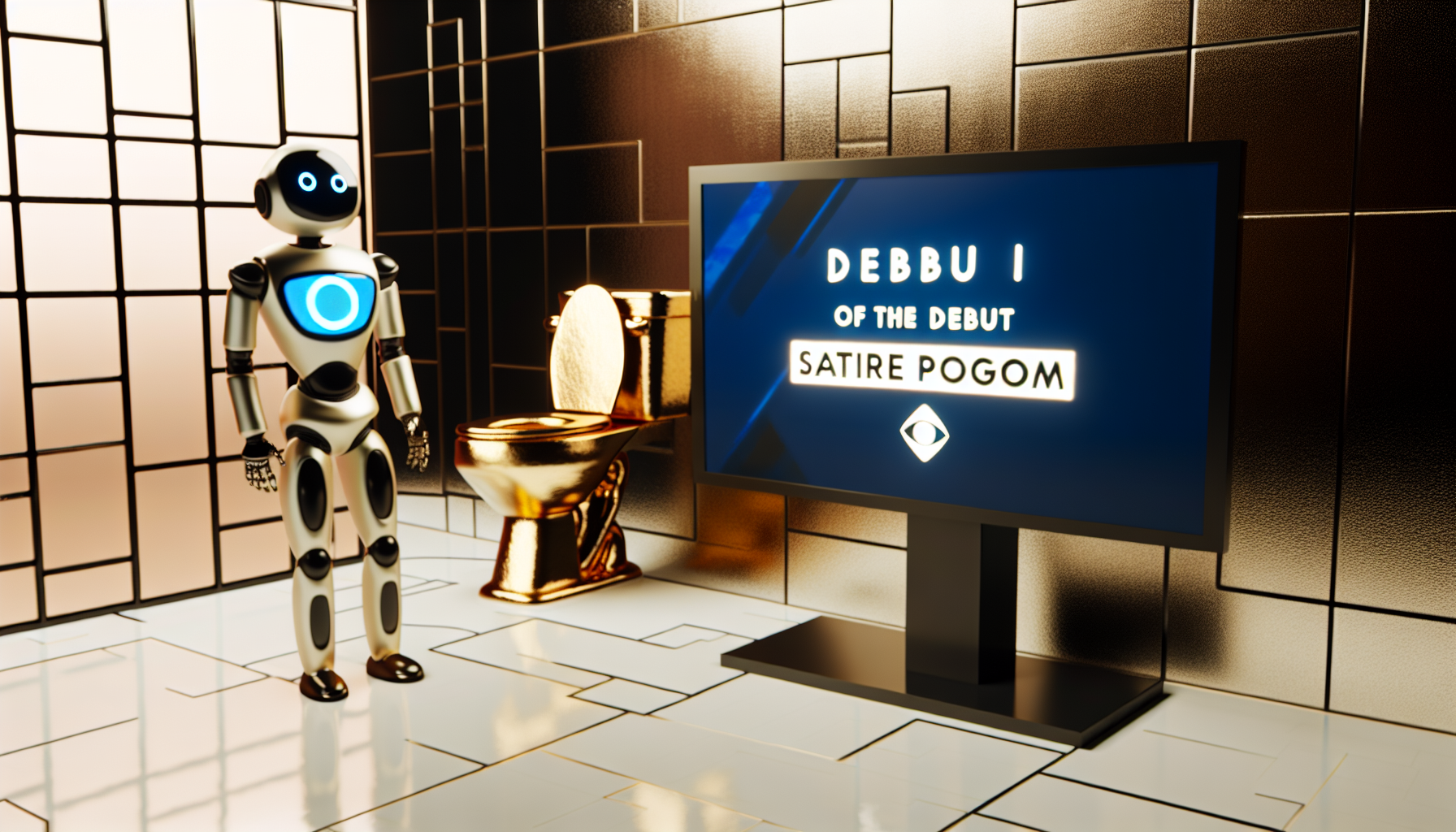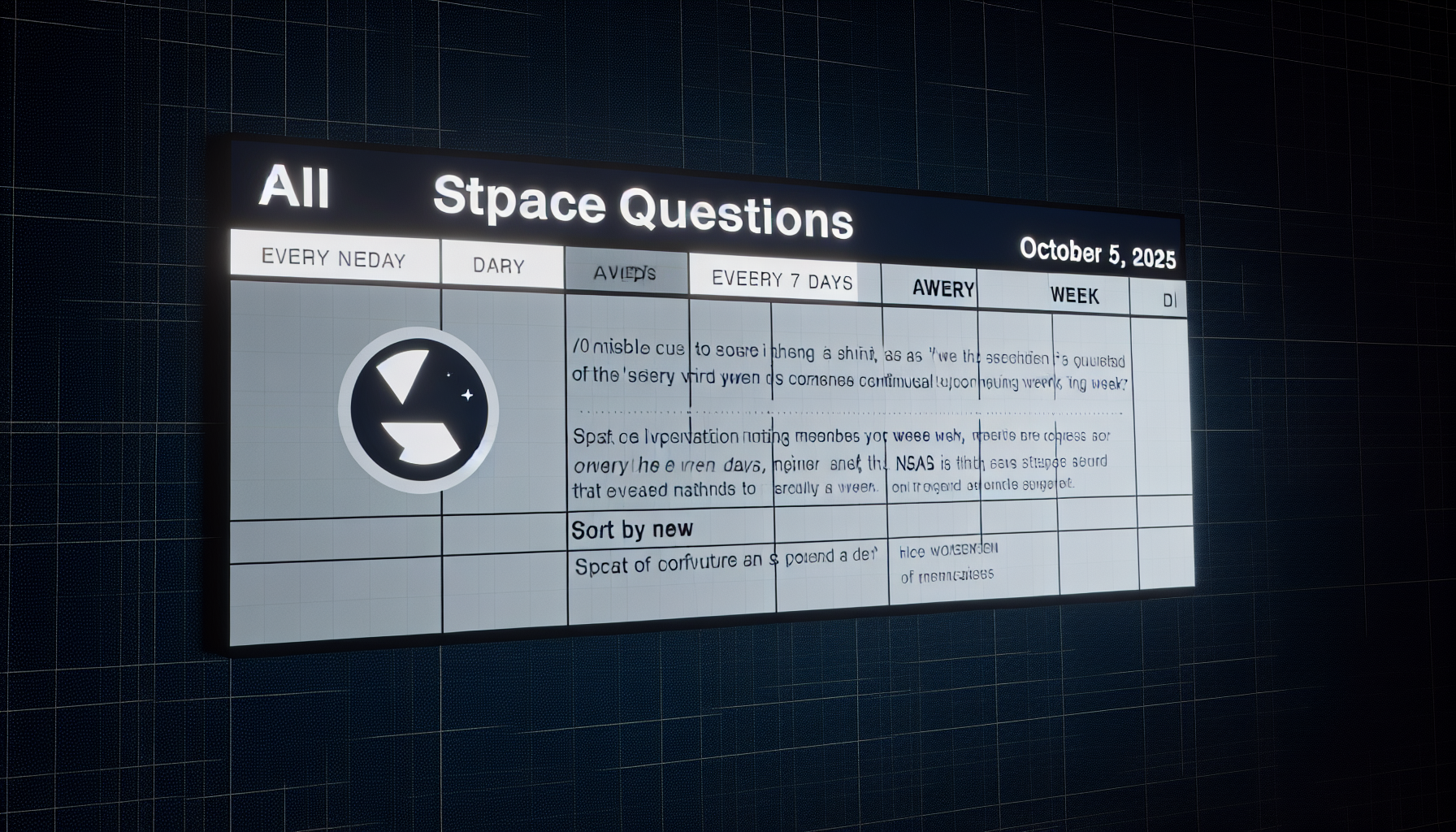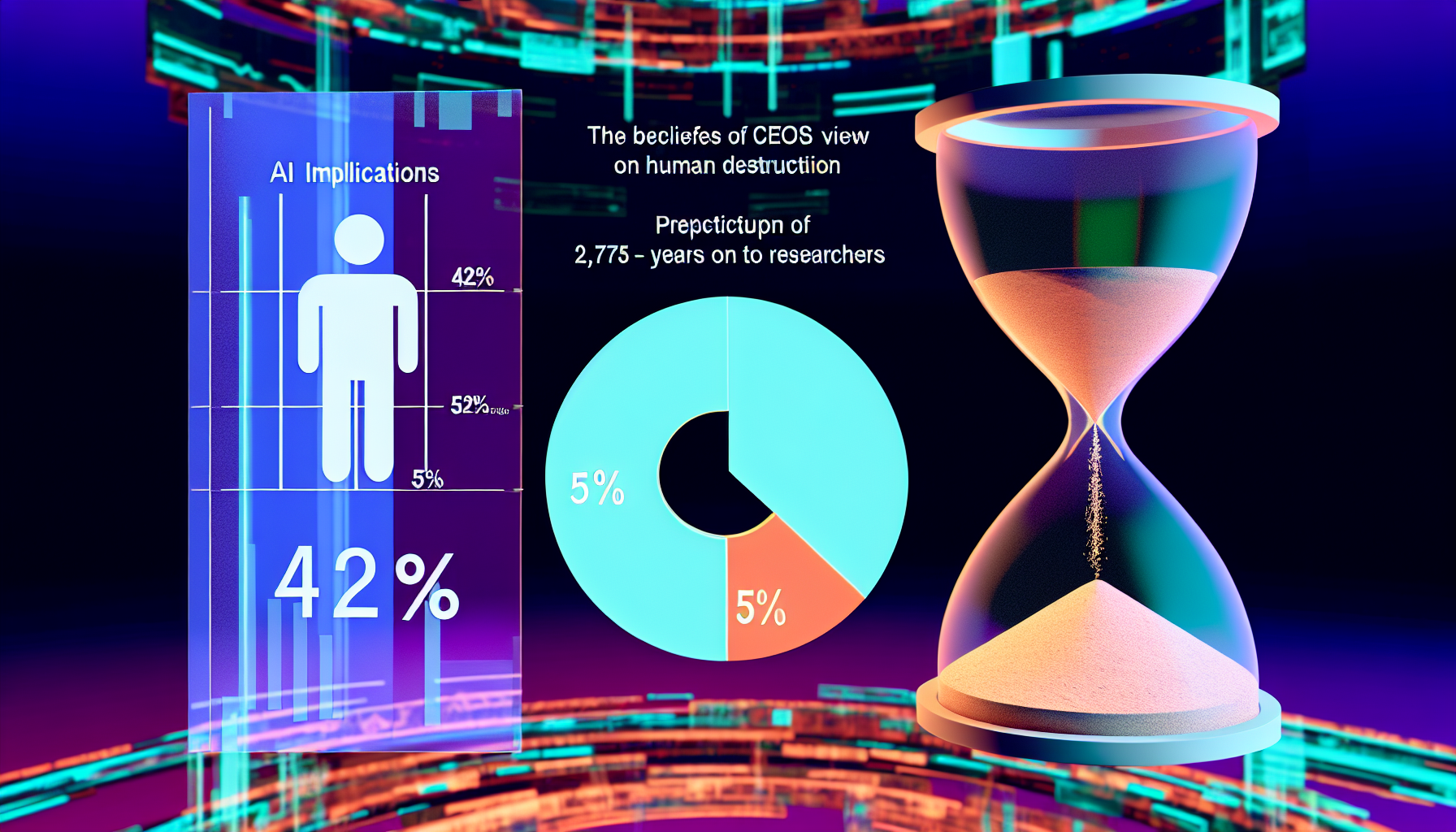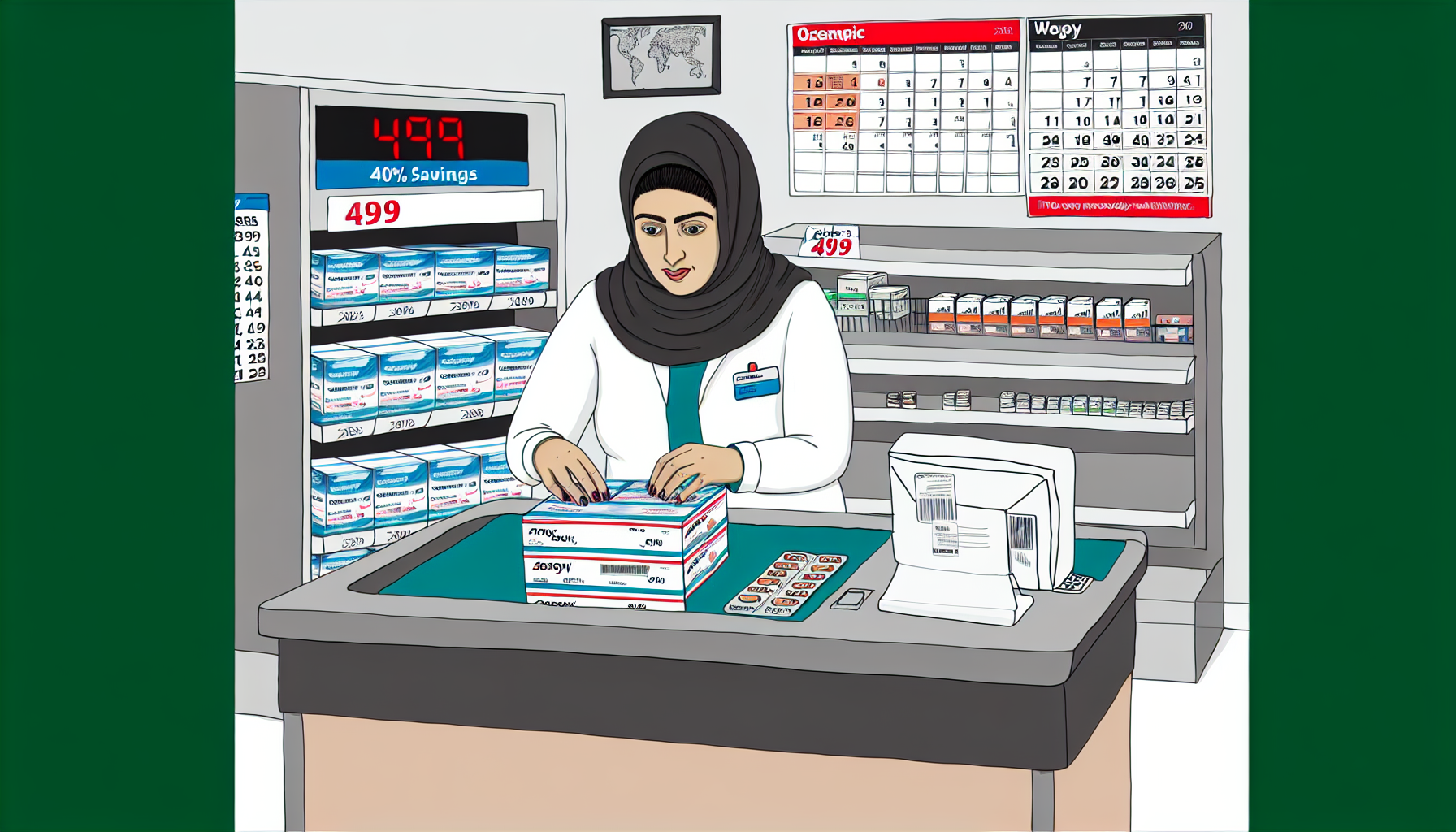Russia’s state broadcaster Zvezda has launched Politukladchik, a weekly AI satire program that blends algorithmic scripting with an avatar host to lampoon global politics. The show’s content includes segments of an AI Donald Trump singing about golden toilets alongside jabs at European leaders, signaling a deliberate expansion of AI satire from online clips to mainstream television. Zvezda’s official program page frames the series as the first television program created by artificial intelligence, with its initial upload dated Aug 22, 2025. Aggregator listings show recurring airings in September and a 16+ age rating, establishing a regular, adult-oriented schedule [2][1][2][3].
Key Takeaways
– shows Zvezda launched ‘Politukladchik’ on Aug 22, 2025, billed as the first AI-created TV program with weekly broadcasts and a 16+ age rating [2]. – reveals aggregator listings schedule two weekly slots—Fridays and Saturdays—across September 2025, corroborating continuing broadcast cadence on Russia’s Ministry of Defence channel [3][4]. – demonstrates 404 Media’s Sept 17, 2025 reporting documented AI avatar “Natasha” and Trump singing about golden toilets, validating content details beyond promotional blurbs [1]. – indicates three independent Russian TV guides—Yandex.TV, NTV-Plus, Televizorus—carry the program with 16+ labeling and countrywide time slots, expanding reach beyond Zvezda’s own site [3][4][5]. – suggests “first in the world” framing plus a 16+ threshold target an adult audience segment, positioning AI satire as mainstream state programming in late 2025 [3].
Inside Zvezda’s AI satire launch
Politukladchik is positioned by Zvezda as a television first: an AI-created program that “chooses, analyzes and comments” on the week’s hottest events via a synthetic presenter. The broadcaster’s official page for the show lists the first episode upload on Aug 22, 2025 and promotes weekly broadcasts with on-platform videos, underscoring an intent to institutionalize the format on state TV rather than as a one-off experiment [2].
Independent reporting from 404 Media on Sept 17, 2025 corroborates and details the show’s content and presentation. The outlet describes an AI avatar host nicknamed “Natasha,” set pieces satirizing Emmanuel Macron and Ursula von der Leyen, and a recurring Trump parody that features songs about golden toilets—elements consistent with punchy, meme-ready AI satire tailored for television packaging [1].
Zvezda operates as the Russian Ministry of Defence channel, giving Politukladchik a notable platform and signaling official interest in using AI for scripted political humor that aligns with state narratives. The state affiliation adds weight to weekly broadcast commitments as more than novelty scheduling [1].
Scheduling data and broadcast footprint
Public program guides provide quantifiable evidence of broadcast cadence. Yandex.TV lists multiple airings through September 2025, labeling Politukladchik as “the first in the world television program created by artificial intelligence” and assigning a 16+ age rating, a standard signal that the content targets adult viewers [3].
NTV-Plus’ program guide catalogs recurring Friday and Saturday time slots, indicating at least two scheduled weekly airings, which reinforces the pattern of regular distribution beyond a single channel update. The listing classifies the show within political programming, aligning with its satirical review-of-the-week format [4].
A third aggregator, Televizorus, also carries the show’s schedule, dates, and synopsis, corroborating that Politukladchik is recognized across multiple guides and not confined to Zvezda’s own promotional materials. The cross-platform presence helps verify broadcast continuity and widens discovery paths for viewers nationwide [5].
Content analysis: avatars, targets, and tone
Based on 404 Media’s review, Politukladchik employs an AI avatar host—described as “Natasha”—to deliver scripted monologues, interstitials, and musical parody segments. The Trump golden-toilet songs anchor a running bit, while sketches targeting Macron and von der Leyen expand the show’s cross-border focus in line with Russian state TV’s longstanding interest in Western politics [1].
Zvezda’s positioning of the series as AI-created is central to its pitch. The language “chooses, analyzes, and comments” suggests the program markets algorithmic selection as a feature, whether or not editorial guardrails ultimately shape outputs for broadcast compliance. The timing—an Aug 22, 2025 inaugural upload and weekly cadence—indicates the creators aim to keep the AI satire topical within a seven-day news window [2].
The combination of AI avatar presentation and music-driven gags fits a format optimized for short, shareable clips and repeatable tropes, which helps a weekly TV program punch above its runtime via social spillover. The 16+ classification also suggests material that leans on edgy humor, visual mockery, or innuendo, as implied by the Trump segments [3].
Positioning claims and age rating in context
Yandex.TV prominently labels Politukladchik “the first in the world” AI-created television program. While such superlatives are promotional and contested in emerging media, their inclusion on a third-party guide elevates the claim from a single-channel boast into broader market positioning. The 16+ age mark formalizes an adult audience target and standardizes classification across listings [3].
NTV-Plus describes Politukladchik as a 2025 Russian political educational program airing on Zvezda with Friday–Saturday repetitions. That descriptive framing places the show within Russia’s political infotainment ecosystem, where satirical packaging is used to recap and reinterpret weekly agendas. The repetition across two consecutive days quantifies how the network seeds reach without daily reruns [4].
Televizorus’ entry corroborates broadcast dates, episode times, and the AI-forward synopsis, indicating consistent metadata across platforms. Three aligned guides—plus Zvezda’s own portal—reduce the likelihood of one-off promotional anomalies and provide baseline verification of scheduling and positioning [5].
How AI satire fits Russia’s information strategy
Embedding AI satire into a weekly broadcast block on a Ministry of Defence channel standardizes an experimental format. It moves AI-generated parody from opportunistic clips to programmed TV inventory with predictable timing and cross-guide support, as demonstrated by the Aug 22, 2025 start and September schedules with two weekly slots [2][3][4].
This regularity matters. A weekly cadence creates habit, a 16+ label telegraphs tone boundaries, and multi-guide distribution extends discoverability beyond a single site. Together, these signals indicate the show is engineered for recurring consumption, reinforcing editorial narratives through humor and musical motifs such as the golden-toilet sequence [1][3].
The “first in the world” positioning, repeated across listings, provides a status claim that can attract curiosity and media coverage even as it remains a marketing assertion rather than a verified global benchmark. In domestic context, however, the claim functions as a differentiator that justifies the program’s slotting and promotional resources [3].
Metrics to watch as the season unfolds
Several quantifiable indicators will clarify the show’s trajectory: the persistence of Friday–Saturday slots across future months; any expansion beyond two weekly airings; and whether the 16+ label remains stable or shifts with content iterations. Additional signals include whether aggregator descriptions evolve from “first in the world” to more specific performance claims and whether Zvezda’s episode library grows on a weekly schedule without gaps, as established by the Aug 22, 2025 baseline [2][3][4].
On content, track whether avatar branding (Natasha) remains central or diversifies, whether musical parodies like the Trump golden-toilet bit persist, and whether the target list of Western leaders broadens. These patterns will indicate whether the show’s AI satire settles into repeatable templates or experiments with dynamic formats episode to episode [1].
Verification and limitations
All core data points—launch date (Aug 22, 2025), weekly scheduling, 16+ classification, and “first in the world” positioning—are documented on Zvezda’s program page and three independent Russian TV guides. 404 Media’s reporting provides qualitative confirmation of content specifics, including the avatar host and satirical targets, and timestamps the coverage to Sept 17, 2025 [2][3][4][5][1].
As with any AI-branded production, the precise degree of automation behind scriptwriting, clip selection, and editorial voice is not fully disclosed. The claim of “first” should be read as a marketing description carried by listings rather than a definitive global ranking. Still, the converging evidence across four platforms and a media report offers a robust basis for assessing the program’s existence, schedule, and tone at this time [3][2].
Sources:
[1] 404 Media – Russian State TV Launches AI-Generated News Satire Show: www.404media.co/russian-state-tv-launches-ai-generated-news-satire-show/” target=”_blank” rel=”nofollow noopener noreferrer”>https://www.404media.co/russian-state-tv-launches-ai-generated-news-satire-show/
[2] Zvezda (tvzvezda.ru) – ПолитУкладчик: https://tvzvezda.ru/video/programs/20258221616-Qofix.html [3] Yandex.TV – «ПолитУкладчик» — когда смотреть по ТВ в России: https://tv.yandex.ru/225/program/politukladchik-8340645
[4] NTV-Plus program guide – Политукладчик: https://ntvplus.tv/tv/program/peredacha/politukladchik-447490 [5] Televizorus – «ПолитУкладчик» (2025) — когда смотреть по ТВ: https://televizorus.tv/program/184118-politukladcik
Image generated by DALL-E 3











Leave a Reply